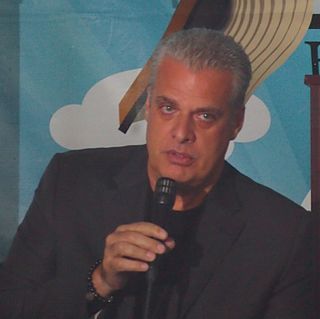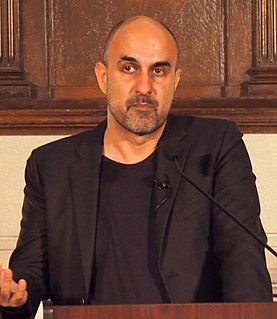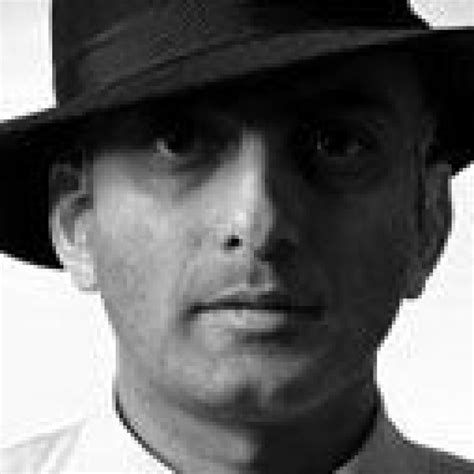A Quote by Ray Bradbury
It was a great place to write a novel about book burning, in the library basement.
Related Quotes
The process for writing a picture book is completely different from the process of writing a chapter book or novel. For one thing, most of my picture books rhyme. Also, when I write a picture book I'm always thinking about the role the pictures will play in the telling of the story. It can take me several months to write a picture book, but it takes me several years to write a novel.
It's very bad to write a novel by act of will. I can do a book of nonfiction work that way - just sign the contract and do the book because, provided the topic has some meaning for me, I know I can do it. But a novel is different. A novel is more like falling in love. You don't say, 'I'm going to fall in love next Tuesday, I'm going to begin my novel.' The novel has to come to you. It has to feel just like love.
The age of the book is not over. No way... But maybe the age of some books is over. People say to me sometimes 'Steve, are you ever going to write a straight novel, a serious novel' and by that they mean a novel about college professors who are having impotence problems or something like that. And I have to say those things just don't interest me. Why? I don't know. But it took me about twenty years to get over that question, and not be kind of ashamed about what I do, of the books I write.
Keep a diary, but don't just list all the things you did during the day. Pick one incident and write it up as a brief vignette. Give it color, include quotes and dialogue, shape it like a story with a beginning, middle and end—as if it were a short story or an episode in a novel. It's great practice. Do this while figuring out what you want to write a book about. The book may even emerge from within this running diary.
A library is a good place to go when you feel unhappy, for there, in a book, you may find encouragement and comfort. A library is a good place to go when you feel bewildered or undecided, for there, in a book, you may have your question answered. Books are good company, in sad times and happy times, for books are people - people who have managed to stay alive by hiding between the covers of a book.
Heaven, Kiwi thought, would be the reading room of a great library. But it would be private. Cozy. You wouldn't have to worry about some squeaky-shoed librarian turning the lights off on you or gauging your literacy by reading the names on your book spines, and there wouldn't be a single other patron. The whole place would hum with a library's peace, filtering softly over you like white bars of light.
If you don't like my book, write your own. If you don't think you can write a novel, that ought to tell you something. If you think you can, do. No excuses. If you still don't like my novel, find a book you do like. Life is too short to be miserable. If you do like my novels, I commend your good taste.
The library was a little old shaby place. Francie thought it was beautiful. The feeling she had about it was as good as the feeling she had about church. She pushed open the door and went in. She liked the cmbined smell of worn leather bindings, library past and freshly inked stamping pads better than she liked the smell of burning incense at high mass.






































